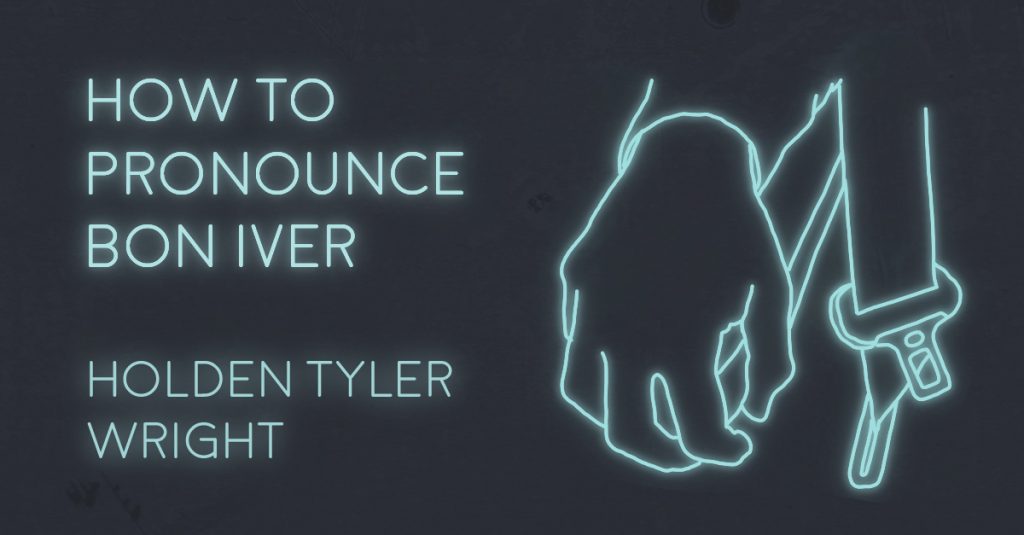The day after New Year’s, my neighbor—who strummed his guitar at 2 in the morning singing tone-deaf Beatles covers—asked me for a ride. My other neighbor, Isaac, kept the TV on 24/7, just loud enough to be heard in the corner I pressed my bed into, peppering my nights with laugh tracks. Beyond him, Ruth stayed up knitting. I knew this because she made me an endearingly hideous hat and a too-short scarf. We were all insomniacs. I was the only student among us, and saw my living situation as a stepping stone into something greater. I wondered how the other three got locked into crappy efficiency apartments in their middle age. “We look out for each other, here,” Ruth had told me with a wink, watching me pull on her lopsided beanie.
So, I gave my neighbor the ride. I couldn’t tell you his name, because he’d never told me, and at that point I was embarrassed to ask. “I got to pick up my car from the shop,” he deadpanned to the passenger window. “I ran someone over. That’s how I wrecked it. She died. The other guy was okay though.”
I had no appropriate response. “That’s terrible,” I managed, “any way you slice it.”
“It was raining,” he excused himself. “I didn’t see them. Nobody’s pressing charges or anything.” He aimed a finger across the street. “Can we stop at CVS first? My stomach’s been hurting. Doctor’s don’t know why.”
I waited in the car listening to Bon Iver while my neighbor got his prescription. It was a gray day, the streets still glossy from an earlier shower.
Bon Iver reminded me of my sister’s shitty ex-boyfriend, who scoffed at my mispronunciation: Bawn Eye-vur. The boyfriend played basketball but was too short to make the local community college team and became assistant manager instead. When my sister brought Muggsy—as he called himself—home, he talked sports with my father, complimented my mother’s cooking, distributed animal crackers to the kids, ran thin fingers through his coiffed blonde hair. Muggsy was white and Mormon, like us, which made him “safe” in my parents’ eyes. Though by the time they broke up, it was clear to each of us that he was anything but safe.
“It’s French,” Muggsy explained, unveiling his dentist’s-son teeth. “Bon hiver. It means ‘good winter.’” Now I say it wrong on purpose.
The sign at the car garage said, “Closed Weekends,” but my neighbor summoned someone by rattling the door. The guy wore basketball shorts and a scowl fierce enough to fend off the cold. After some conversation, my neighbor got back into the car. “They don’t have it here,” he told me. “I’m gonna have to figure this out.” He closed his eyes, sighed as if this were the thing that might do him in. Down the street stood a billboard for a funeral home that featured a leering young woman draped in white fur and holding a lap dog. “Happy Holidays!” it read.
My neighbor didn’t buckle up on the drive home, and every thirty seconds my car chimed a wordless warning. Each iteration felt louder and longer than the last.
He cleaned his glasses and nodded at the car stereo. “This Peter Gabriel?” he asked.
“Bon Iver,” I told him.
I worried my neighbor might interpret the alarm as a serious problem, a precursor to the hood suddenly jackknifing open or the tires going ragged. Worse, he might think something was wrong with me for ignoring the noise. If my neighbor met another person who listened to Bon Iver, he might think I was an idiot for mispronouncing their name. Maybe he blamed me for the racket my car was making. Maybe he gripped his armrest, afraid I might go slicing through a red light and into oncoming traffic.
The alarm sounded again and again. Each slick intersection held its watery double. I didn’t know how to tell my neighbor it was his fault.

